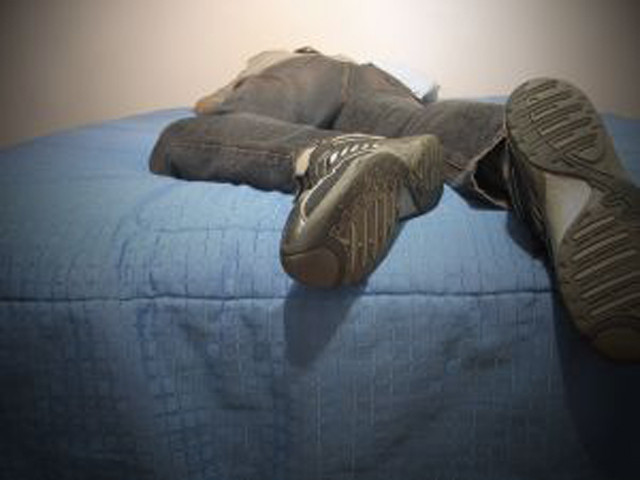Home temperature, sleep loss tied to obesity: study
Cooler homes and a better night sleep might help rein in the current obesity epidemic, according to an Italian study.

When researchers led by Simona Bo at the University of Turin in Italy followed more than a thousand middle-aged adults over six years, they found that sleep habits were related to the risk of obesity, with the odds of their becoming obese declining by 30 per cent for each hour of sleep people typically got.
This was true even when other factors such as physical activity level and TV watching were taken into account, according to the study published in the International Journal of Obesity.
Then there was temperature. Compared to people who kept their homes no warmer than 20 C (68 F) in the fall and winter, those who liked a toastier home were twice as likely to become obese.
"Relatively unexplored contributors to the obesity and diabetes epidemics may include sleep restriction, increased house temperature, television watching, consumption of restaurant meals, use of air-conditioning and use of antidepressant/antipsychotic drugs," wrote Bo and her colleagues.
The more often people ate at restaurants each week, the greater their likelihood of becoming obese, while those who got little fiber in their diets were at greater risk of developing abnormally high blood sugar levels.
Why would indoor temperature matter? The body burns more calories when it has to work to maintain a stable temperature, said David Allison, director of the Nutrition Obesity Research Center at the University of Alabama at Birmingham.
"I wouldn't say to anyone that if you turn down your thermostat, you'll lose weight," said Allison, who was not involved in the current study.
On the other hand, things like home temperature, which the current study is the first to connect with the risk of obesity, and sleep habits are lifestyle factors that "you can play with" in managing weight, he added.
A number of past studies have already linked excess weight and chronic sleep deprivation, typically defined as less than six hours per night.
One theory is that the hormonal effects of sleep loss are to blame, or that sleep-deprived people may eat or drink more in an effort to boost their energy levels.
Allison, in a 2006 study of his own on air conditioning and obesity rates, cited a number of modern-life factors that could be contributing to rising obesity, including widespread use of antidepressants and other medications that can promote weight gain, and industrial chemicals that may alter hormone activity.
"No one factor is going to explain the obesity problem," he said.
As for lowering the thermostat, he added: "You'll almost certainly reduce your energy bills."



















COMMENTS
Comments are moderated and generally will be posted if they are on-topic and not abusive.
For more information, please see our Comments FAQ